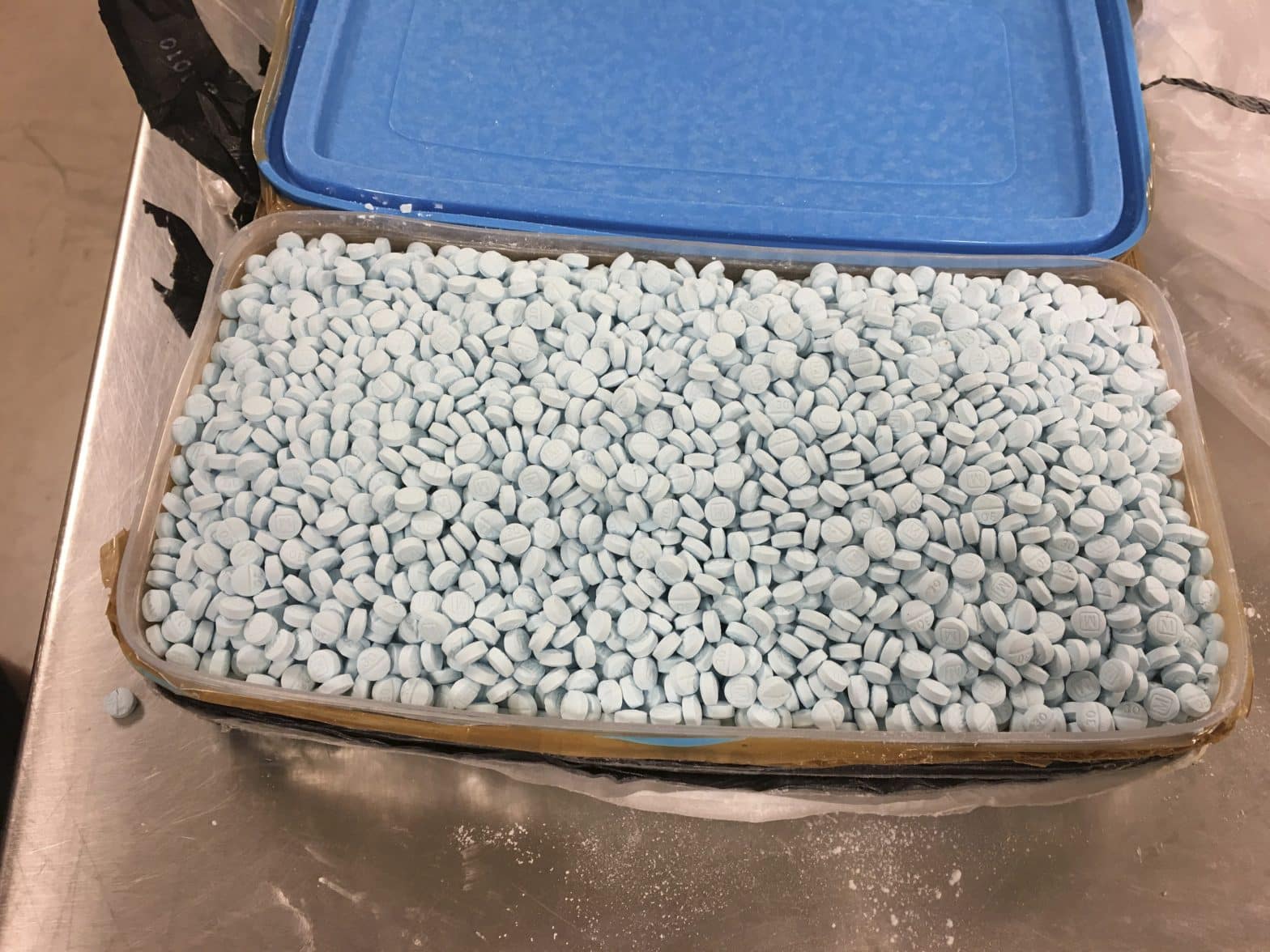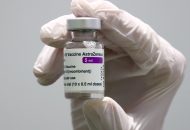Fentanyl Kills More Than 150 Americans Each Day, but Some States Keep Overdose Rescue Medications Out of Reach
COMMENTARY

Today’s growing overdose epidemic is being fueled by fentanyl, a synthetic opioid that is 50 times stronger than heroin and 100 times stronger than morphine. In fact, it’s so lethal that only a tiny amount — 2 milligrams, about the size of a pencil tip — can kill.
Used on its own or mixed with other drugs, fentanyl is killing people at a terrifying rate.
This crisis requires innovation and more resources. However, emergency overdose medications, often called rescue agents, that help fight today’s powerful and deadly synthetic opioids, are not always available where they are needed most. Why aren’t our political and public health leaders doing more to address this national crisis?
This must change.
In 2010, my 19-year-old son Jarrod died from an accidental opioid overdose. Since suffering that unthinkable loss, I have dedicated my life to preventing other families from facing the same grief. I continue to tell my story to anyone who will listen because the crisis we are now facing has taken a new, destructive form.
According to the Centers for Disease Control and Prevention, fentanyl deaths in the U.S. have tripled since 2016, and initial data from 2022 estimates that synthetic opioids — like fentanyl — cause about 90% of all opioid overdose deaths.
While this crisis can touch almost anyone, a dramatic increase in overdose deaths in teens from 2010 to 2021 is due primarily to fentanyl. Young people are particularly vulnerable because cheap, highly potent fentanyl is used in the mass production of counterfeit prescription pharmaceuticals like Adderall, Xanax and Oxycontin.
Even one fake pill, one time, can result in the loss of life.
The U.S. Drug Enforcement Agency says that fentanyl is the leading cause of death for adults aged 18-45 in the United States. The devastating result is that every day fentanyl is responsible for more than 150 deaths across our country. While more of us are aware of the opioid crisis, many don’t know that the solutions we have come to reflexively rely on may not work against fentanyl.
Synthetic opioids like fentanyl often remain in the system longer, meaning multiple doses of reversal agents are required. Sometimes these needed additional doses are not on hand and even then, they simply may not be enough — and we are losing precious lives.
The undeniable reality is that yesterday’s opioid crisis is now today’s fentanyl crisis — and our front lines are not equipped to keep up.
The U.S. Food and Drug Administration already approved overdose rescue agents specifically indicated for fentanyl. Unfortunately, these lifesaving tools are not reaching our high school or college campuses, which are in dire need, as are all first responders and frontline workers.
This should be ringing alarm bells in every state house across the country. Most Americans are unaware that each state must issue its own individual policy or standing order to ensure that first responders can access and administer FDA-approved products, like reversal agents specifically indicated for synthetic opioid overdoses.
Recent data from the National Bureau of Economic Research suggests that in states where these measures have been enacted, there has been a notable decline of 9% to 11% in opioid-related fatalities. Accessibility to opioid reversal agents remains a concern for patients, despite their legal availability without a prescription.
Every resource and every bit of knowledge we have must be used in this fight. As I regularly share at local community events, parent nights at schools, and in my two “Overtaken” documentary films, this is a multifaceted crisis that demands an all-encompassing approach.
We must expand access to all FDA-approved overdose rescue agents now to ensure the tools in our toolbox include those best equipped to fight fentanyl. We shouldn’t limit our collective ability to save lives to one medication, particularly as the drug landscape is rapidly evolving. The lives of our children, neighbors, friends and co-workers are at risk every day that is delayed.
So much has been lost already and we should know by now that the families and communities in crisis deserve no less.
Jodi Barber lost her 19-year-old son and three of his close friends to an accidental prescription drug overdose in 2010. She soon realized her son’s death and the many others that year were preventable and became an advocate. She has made several trips to the California state Capitol and each year holds an event to honor families and their loved ones lost to an overdose, trying to spread the message of hope for families who are struggling on International Overdose Awareness Day. She can be reached on Facebook.
























